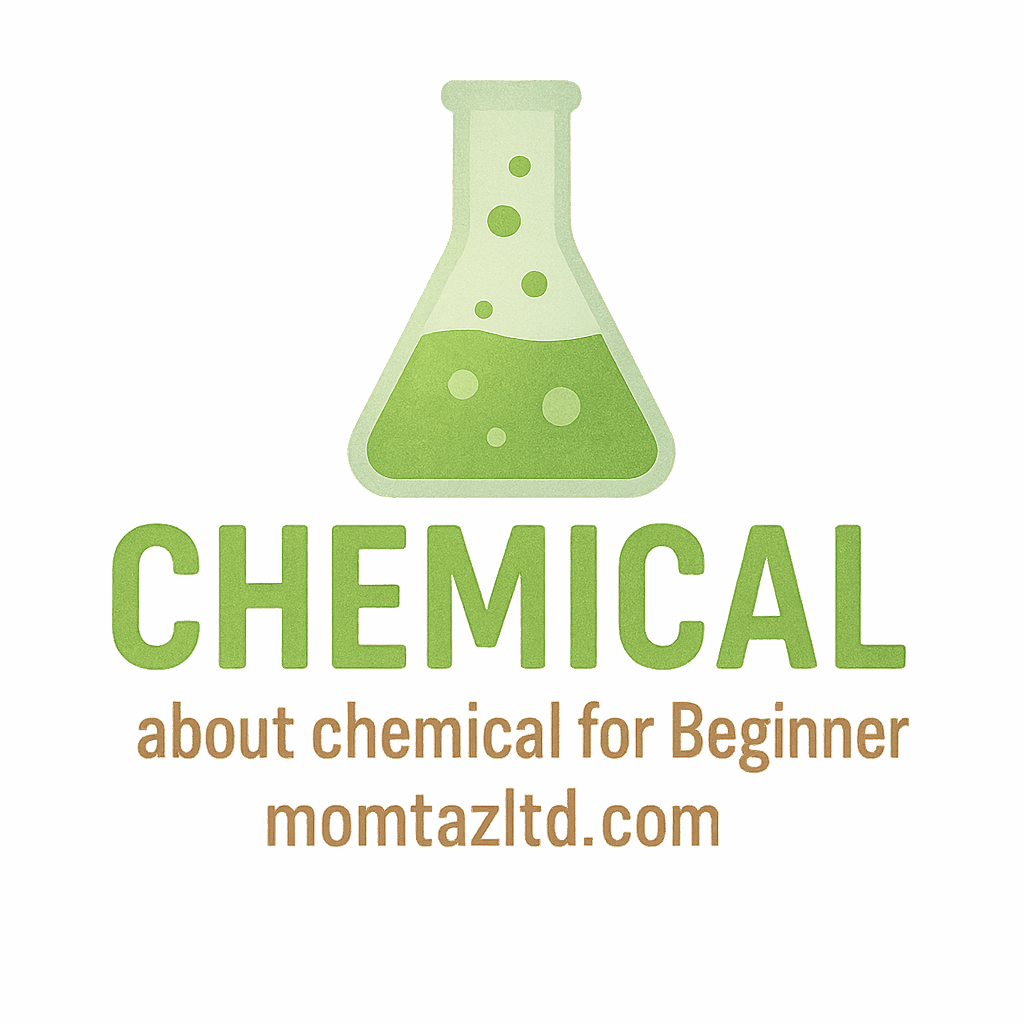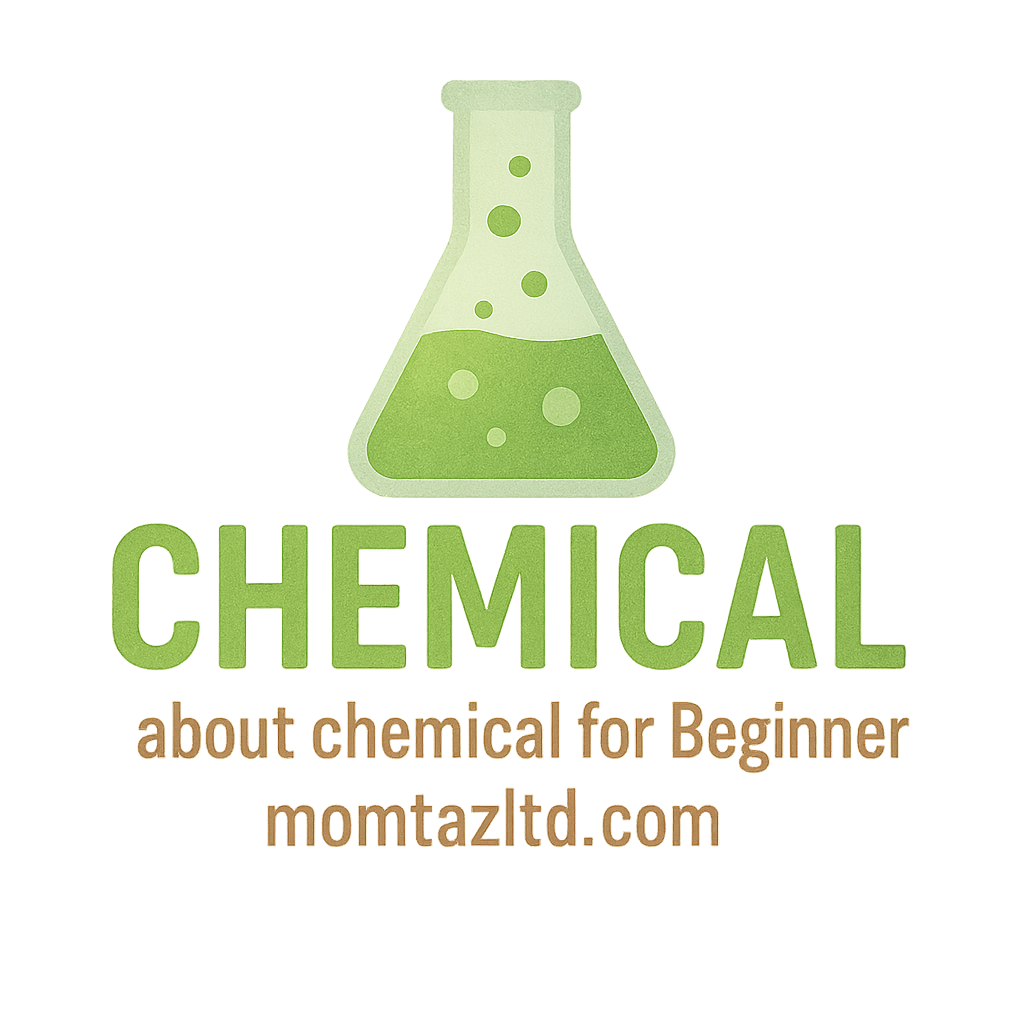Introduction
In today’s world, we all want a safe and healthy environment at home. Unfortunately, many of the household cleaning products we use contain toxic chemicals that can harm our health and the environment. From conventional floor cleaners to disinfectants, these chemicals can irritate the skin, affect breathing, and even cause long-term health problems. Fortunately, there are safer, more eco-friendly alternatives to keep our homes sparkling clean without the harmful side effects. In this article, we’ll explore 7 green alternatives to toxic household chemicals that are just as effective—if not more—at cleaning, deodorizing, and sanitizing.
Why You Should Switch to Green Alternatives
The Risks of Toxic Household Chemicals
Toxic household chemicals are commonplace in most cleaning products, from sprays to scrubs. These chemicals often contain ingredients that are harmful to humans, pets, and the environment. Some of the risks include skin rashes, respiratory problems, allergies, and even poisoning in severe cases. Additionally, many of these chemicals contribute to pollution when washed down drains, harming aquatic life and ecosystems.
As people become more aware of these dangers, the demand for natural, non-toxic, and eco-friendly cleaning solutions has surged. Making the switch to green alternatives not only protects your health but also benefits the environment.
Understanding Green Alternatives
What Makes a Household Cleaner “Green”?
A household cleaner is considered green if it is made from natural ingredients that are biodegradable, non-toxic, and safe for both people and the environment. These cleaners avoid harsh chemicals like bleach, ammonia, and synthetic fragrances, relying instead on substances that are commonly found in nature. Green cleaning products work effectively without releasing harmful fumes or leaving toxic residues.
The Environmental Impact of Chemicals
Many chemicals in traditional cleaning products don’t break down easily and can accumulate in the environment, posing risks to wildlife and water sources. By opting for green alternatives, we minimize pollution and ensure our cleaning habits are aligned with environmental sustainability.
1. Baking Soda: A Versatile Cleaner
Uses of Baking Soda in Cleaning
Baking soda is one of the most versatile and eco-friendly cleaning agents available. It can be used as a deodorizer, stain remover, and even a scrubber. It works wonders in the kitchen and bathroom, where grease, grime, and odors often build up.
Benefits of Baking Soda
- Non-toxic: Safe to use around kids and pets.
- Deodorizes: Effectively neutralizes odors.
- Scrubbing Power: Gentle abrasive properties make it perfect for cleaning surfaces without scratching.
How to Use It in Household Cleaning
To clean surfaces like countertops, sprinkle some baking soda, scrub with a damp cloth, and rinse. For deodorizing carpets, sprinkle baking soda, let it sit for a few minutes, and vacuum it up.
2. White Vinegar: A Natural Disinfectant
Why White Vinegar is a Powerful Cleaner
White vinegar is one of the most cost-effective green cleaning agents. It has natural antibacterial properties, making it a great disinfectant. It is also highly acidic, which helps to dissolve mineral deposits, grease, and stains.
How to Use White Vinegar for Household Cleaning
- Glass Cleaner: Mix equal parts vinegar and water in a spray bottle. Use it to clean windows and mirrors.
- Fabric Softener: Add a cup of vinegar to your washing machine to soften clothes naturally.
Cleaning Tips Using White Vinegar
Vinegar is also great for removing pet odors, mold, and mildew. Use it as a spray for these areas, let it sit for a while, and wipe clean.
3. Lemon Juice: The Natural Degreaser
How Lemon Juice Works as a Cleaner
Lemon juice is a natural degreaser and has antibacterial properties. Its citric acid can break down grease and grime, making it perfect for kitchen cleaning.
Benefits of Lemon Juice for Cleaning
- Natural Antiseptic: Kills bacteria and viruses.
- Degreases: Perfect for kitchen surfaces and stovetops.
- Pleasant Scent: Leaves a fresh, citrus scent behind.
DIY Lemon Cleaning Solutions
Mix lemon juice with baking soda to form a paste for tougher stains. You can also mix it with vinegar to clean sinks, tubs, and toilets.

4. Essential Oils: Fragrant and Effective
Essential Oils in Household Cleaning
Essential oils are not only aromatic but also have cleaning properties. Oils like tea tree, lavender, and eucalyptus are known for their antibacterial and antifungal abilities.
Popular Essential Oils for Cleaning
- Tea Tree Oil: Known for its disinfectant properties.
- Lavender Oil: A relaxing and antibacterial oil.
- Eucalyptus Oil: A natural decongestant with antibacterial benefits.
How to Make Your Own Cleaning Solution with Essential Oils
Mix a few drops of your favorite essential oil with water and vinegar in a spray bottle. This solution can be used for surface cleaning, bathroom cleaning, and even air freshening.
5. Castile Soap: A Gentle Yet Powerful Cleaner
Why Castile Soap is Ideal for Household Cleaning
Castile soap is a plant-based soap that is gentle on skin and tough on dirt. It’s made from vegetable oils, such as olive oil, and doesn’t contain harmful chemicals or synthetic fragrances.
How to Use Castile Soap for Cleaning
- Dishwashing: A small amount of Castile soap is enough to wash your dishes without the toxic chemicals in conventional dishwashing liquids.
- All-purpose Cleaner: Mix with water and vinegar for an all-purpose cleaner.
Best Practices for Using Castile Soap
Castile soap can be diluted for use on various surfaces, from floors to countertops. Always test a small area first to ensure compatibility with your surface.
6. Hydrogen Peroxide: The All-Purpose Cleaner
Why Hydrogen Peroxide is a Green Alternative
Hydrogen peroxide is a powerful disinfectant and is effective at killing germs and bacteria. It is a safer option than bleach and breaks down into water and oxygen after use, making it eco-friendly.
How to Use Hydrogen Peroxide for Cleaning
- Disinfecting Surfaces: Spray hydrogen peroxide directly onto surfaces and wipe.
- Stain Removal: It’s effective at removing blood, wine, and other stains from fabrics.
DIY Hydrogen Peroxide Solutions
For tough mold or mildew problems, mix hydrogen peroxide with vinegar and water in a spray bottle for a potent solution.
7. Cornstarch: A Green and Effective Cleaner
Uses of Cornstarch in Household Cleaning
Cornstarch is a natural and inexpensive cleaning agent. It can be used to clean windows, absorb grease, and even polish furniture.
Benefits of Cornstarch for Cleaning
- Non-toxic: Safe around kids and pets.
- Absorbs grease: Works well on kitchen surfaces.
How to Incorporate Cornstarch in Your Cleaning Routine
To clean carpets, sprinkle cornstarch on the carpet, let it sit for 15 minutes, and vacuum. It can also be used to clean upholstery and polish furniture.
Conclusion
Switching to green alternatives to toxic household chemicals is an easy and effective way to protect both your family and the planet. Whether you choose baking soda, vinegar, lemon juice, or other natural products, you can clean your home without exposing yourself to harmful chemicals. The best part is that these alternatives are often more affordable and just as effective as their chemical counterparts.
By making small changes and choosing eco-friendly products, you can reduce your environmental impact, improve indoor air quality, and create a safer home environment for everyone.
7 Frequently Asked Questions (FAQs)
- What is the best green alternative to bleach?
Hydrogen peroxide is a great alternative to bleach. It is effective at disinfecting and doesn’t have the harmful fumes that bleach produces. - Can essential oils be used for cleaning?
Yes, essential oils like tea tree oil, lavender, and eucalyptus have antibacterial properties that make them effective in cleaning. - Is vinegar safe to use on all surfaces?
Vinegar is generally safe on most surfaces, but it’s always a good idea to test a small area first, especially on natural stone surfaces like granite. - How do I clean my kitchen naturally?
Use a combination of baking soda, lemon juice, and vinegar to clean kitchen surfaces, remove grease, and sanitize. - Are green cleaning products more expensive?
Many green cleaning products are affordable, and some, like baking soda and vinegar, are extremely budget-friendly. - Can I use these green alternatives to clean my bathroom?
Yes! Green alternatives like baking soda, vinegar, and hydrogen peroxide work well to clean toilets, showers, and sinks. - Are these green cleaning alternatives safe for pets?
Yes, these green alternatives are safe for pets as long as they are used properly. Always allow surfaces to dry after cleaning.
Internal Links for Reference:


